Unconditional Equality examines Mahatma Gandhi’s critique of liberal ideas of freedom and equality, and his own practice of a freedom and equality organized around religion.
Sometimes working against the grain of Gandhi’s explicit formulations, Unconditional Equality reconceives satyagraha (passive resistance) as a politics that strives for the absolute equality of all beings. Liberal traditions usually affirm an abstract equality. But for Gandhi such equality is an “equality of [the] sword”—because it excludes those presumed to lack reason (such as animals or the colonized), but also because those included lose the power to love.
Gandhi professes instead a politics organized around dharma, or religion. For him, there can be “no politics without religion.” This involves self-surrender, a freely offered surrender of autonomy and everyday sovereignty. For Gandhi, the “religion that stays in all religions” is satyagraha.
Ajay Skaria argues that, conceptually, satyagraha insists on equality without exception of all humans, animals, and things.

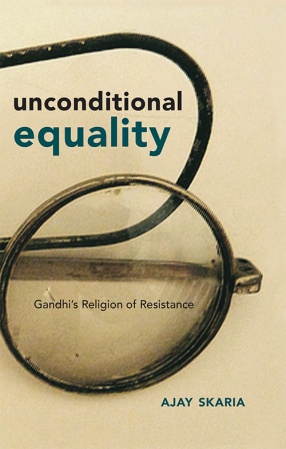
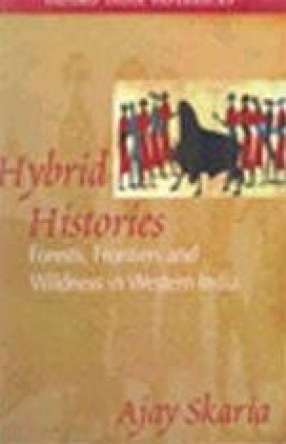
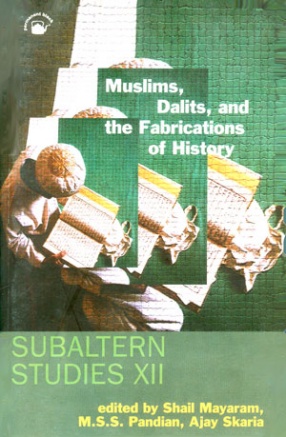
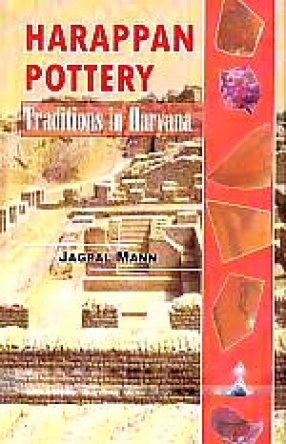

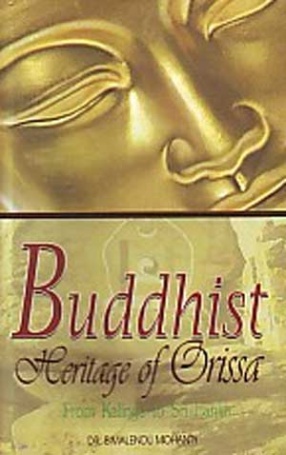
There are no reviews yet.